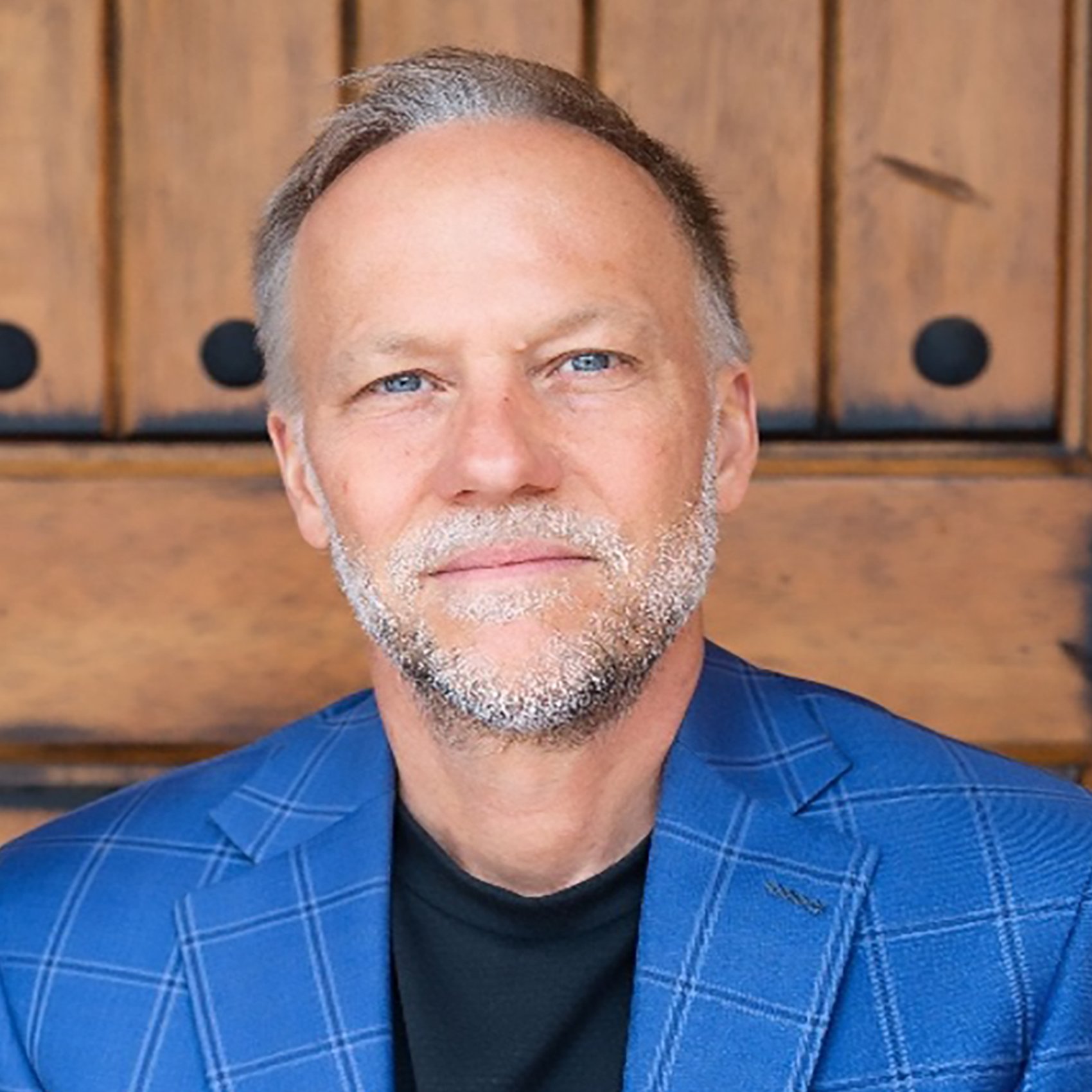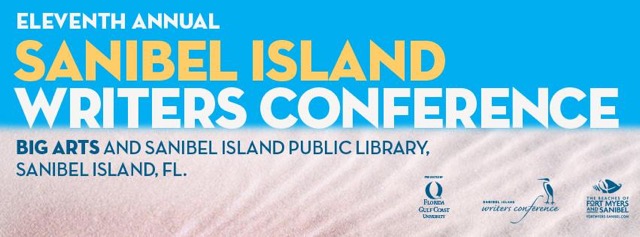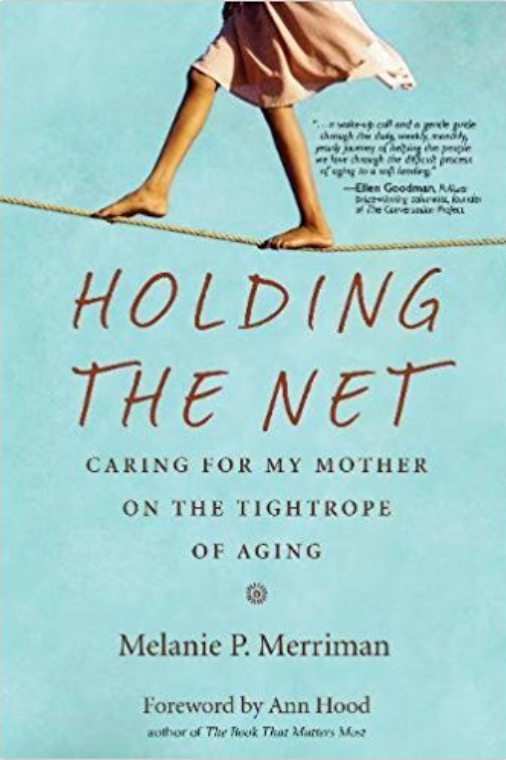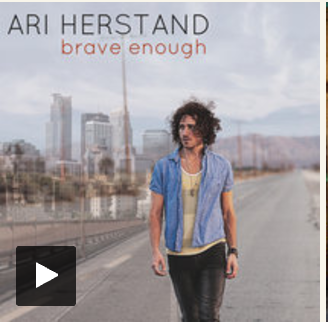Show Notes Episode 163: Letters to My Son in Prison - Why Writing Matters
/On this episode, we bring you a story by Ken Guidroz. Ken’s story shows us the importance of writing and sharing stories, especially with people we either don’t understand or who don’t understand us. Ken says writing to his son in prison ignited an honest exchange he never would have had without writing. This exchange changed their relationship forever.
Ken Guidroz served in the ministry, leading the Santa Clarita Church of Christ and designs specialty retirement plans for companies. He is the author of Beyond the 401(k): How Financial Advisors Can Grow Their Businesses with Cash Balance Plans And Letters to My Son in Prison: How a Father and Son Found Forgiveness for an Unforgivable Crime. Ken lives in Santa Clarita, California with his wife. You can find him on Instagram, at his website, or on Substack at Life, Faith, and the Pursuit of Happiness.
Writing Class Radio is hosted by Allison Langer and Andrea Askowitz. Audio production by Matt Cundill, Evan Surminski, Chloe Emond-Lane, and Aiden Glassey at the Sound Off Media Company. Theme music is by Justina Shandler.
There’s more writing class on our website including stories we study, editing resources, video classes, writing retreats, and live online classes. Join our writing community by following us on Patreon.
If you want to write with us every week, you can join our First Draft weekly writers groups. You have the option to join me on Tuesdays 12-1 ET and/or Thursdays with Eduardo Winck 8-9pm ET. You’ll write to a prompt and share what you wrote. You can also sign up for Second Draft, which meets Thursdays 12-1 ET. This group is for writers looking for feedback on a more polished draft for publication. If you’re a business owner, community activist, group that needs healing, entrepreneur and you want to help your team write better, check out all the classes we offer on our website, writingclassradio.com.
Join the community that comes together for instruction, an excuse to write, and the support from other writers. To learn more, go to www.Patreon.com/writingclassradio. Or sign up HERE for First Draft for a FREE Zoom link.
A new episode will drop every other WEDNESDAY.
There’s no better way to understand ourselves and each other, than by writing and sharing our stories. Everyone has a story. What’s yours?
Transcript
Allison Langer 0:14
I'm Allison Langer.
Andrea Askowitz 0:16
I'm Andrea Askowitz and this is Writing Class Radio. You'll hear true personal stories and learn how to write your own stories. Together, we produce this podcast, which is equal parts, parts and art. By heart, we mean the truth that in a story, by art we mean the craft of writing. No matter what's going on in our lives, Writing Class where we tell the truth, it's where we work out our shit. There is no place in the world like Writing Class that we want to bring you in.
Allison Langer 0:47
Okay, today on our show, we are bringing you a story by Ken Guidroz. I cannot wait for you guys to hear the story and hear all about Ken and everything great he's doing so, but we felt this was a really important story, because it involves the importance of writing and why everyone needs to write. You'll hear why from Ken himself. Ken says writing to his son in prison ignited an honest exchange he would never have had without writing. All right, back with Ken story after the break.
Andrea Askowitz 1:24
We're back. This is Andrea Askowitz and you're listening to Writing Class Radio. Up next is Ken Guidroz reading his story, Letters To My Son In Prison.
Ken Guidroz 1:52
At first, the letters to my son in prison were mostly updates on the weather and the family. But I quickly grew tired of the mundane. Over the months as drugs seeped out of his system and sobriety seeped in, my son Lucas revealed that the wreck his life had become he got despondent and struggled to see any future for himself. He was 28. Then one day he called and told me about a guy he'd met in the prison hallway named Preacher Man. He just stopped Lucas the day before and said, 'Hey, you don't look like you belong in here. Would you do?' 'Dad, you don't ask that', Lucas said. But this dude, he didn't care. He actually expected me to answer him. Lucas finally told him he'd killed a man in a car accident when he was high on heroin. Preacher Man said, 'Well, David killed a man too. 'David?' 'Yeah. David in the Bible'. I was shocked to hear Lucas even mentioned the Bible. Even though I'd raised him going to church and teaching him Bible stories, Lucas never showed much interest in religion. I knew that David had killed a man, but it had been years since I'd read the story. I was avoiding the Bible at that point in my life. Anytime I opened it, a flood of bad memories reminded me of what a failure I'd been as a father and as a man of faith. At the time, it wasn't just Lucas who was a mess, but also my other two sons. One was also lost in opioids. The other had been arrested for possession with intent to sell. My confidence and faith was on life support. After I hung up from Lucas, I walked to my bookshelf, wiped a thick coat of dust off my Bible and reread the David story. I got lost in the tale of lust, sex, pregnancy, lying, scheming, betrayal, and murder. It was better than a Stephen King novel. And the story was perfect for Lucas. A man hit the bottom but still recovered his life. So I wrote to Lucas about David. I went on for 30 pages, because every detail of his story seem to relate to Lucas. I ended the letter with the poem David wrote to God, 'My mistake is always before me. Create in me a pure heart, oh, God. My sacrifice is a broken spirit, a broken heart'. The next morning I reread it and worried, have I overdone it? Is this just too direct? I didn't care. I I was desperate to connect with a son who was desperate. A week later he wrote me this. 'Man, that letter you wrote on David was awesome. At first I couldn't believe how long it was. Pops, you sure can write a lot of words haha. I took it onto my cot, got comfortable, tried to shut out all the incessant yapping around me and read the entire thing from beginning to end. I could not put it down. I mean, seriously, to think that that was David and that was in the Bible. It just blew my mind. And, you know, I saw myself in David, his rationalizing, his blindness, his stupidity, his love, or should I say, lust for women. I can relate to all those things, but his recovery now that was awesome'. This letter started two years of feverish letter writing between us. Lucas went on to devour books by Hemingway, Dostoevsky and CS Lewis. He'd write me six and seven page letters about how his mind was changing, and how he saw the world differently and how he didn't want to be the man he used to be. On the two year anniversary of the accident, he wrote the widow of the victim a five page, elegant, heart wrenching apology. He had no way of knowing if she ever got it, but in a way, it didn't really matter. He'd written what he needed to write, if not for her, than for him, or maybe just for God. Around that time, he wrote me a haunting, beautifully written letter, contrasting his daily life with mine. I cried when I got it. Letters became for him and for me, an outlet, a release a way to say things we'd never say in person. I wrote him. 'Look, I know we've been through 10 years of hell together. But maybe now things can be different. Maybe this whole crazy experience you've been through and this letter writing mania we've been on can be the start of something new for us. And can I go out on a limb here? Maybe we can even have something amazing. Something few fathers and sons ever have. Maybe we can say things to each other that fathers and sons never say'. The next letter, and the next and every letter I got proved I was right. Lucas got vulnerable with me. He bore his soul every time. I got this letter the night he finished the book Crime and Punishment. 'Dad I had tears streaming down my face when I finished the book. I turned off my reading light, closed the book and laid it on my chest. It was dead silent. Everyone was asleep. And I just stared at the ceiling thinking about my life. Like the character in the book, I was being raised back to life. I was going through a gradual transition from one world to another. It was such a strange feeling to be completely overwhelmed, but completely content. I'm at peace with where I am, with who I am, with why I'm here and what my life is becoming'. When Lucas walked through our front door on the day of his release, he had a large plastic garbage bag slung over his shoulder. After we hugged I asked, 'what's in the bag?'. He looked at me with a smile and said those are my letters. And he clutched the bag.
Allison Langer 9:29
I've heard this story. I've read the book. Ken reached out to me because we met ages ago, like years ago before just when he started to write I think and reached out what I work on a couple of stories with him and I think this was one of them. And then he ended up taking this story and turning it into a book and working with a company and I thought it was really important that he write an essay about it to air on the podcast because I'm obsessed with the criminal justice system, but not just that, I want people to see people who screw up and sort of reclaim their life. And what does it do to the people around them, the families, and we often don't get stories from the family members of people who are incarcerated. And I think it's just a really interesting thing. In this situation, it ended up being a positive thing. I mean, obviously, it didn't start that way, when you know, since I've read the book, I know the story, but like having your son arrested and in kill somebody, and like, the whole thing is devastating and he writes about that really well. But what happened afterwards to them is really beautiful. They were able to reconnect through words and letters and and in the power of writing. So that's what I thought would be really cool for our listeners to hear.
Andrea Askowitz 10:46
Yeah, cool. I want to talk about the things that I think this narrator did really well and one of them is it's very clear to me or maybe because I've read it a bunch of times within this reading, it's so clear to me what this story is about. And the way the narrator, he kind of lays it down right from the very beginning. He even starts with talking about the letters that he wrote to his son at the very beginning, were about the weather, and he was tired of the mundane. So the story starts with the mundane and then it ends up being about the very deep, emotional, real things this father and son share. And he says there's a line in the story. That is like in a line, what is this story about, 'letters became a release a way to say things we'd never say in person'. They it's like, sometimes it's like, wait, what's the story about? Well, in this case, the narrator wrote it in a line. It's about what happened while my son was in jail, or in prison. And what happened was that we wrote letters to each other that enabled us to say things we would never say, if we were just speaking, it's there. So that's so cool. I thought that was really good. I thought it was really excellent to hear exactly what the son did. And he also just told us, and he told us in a really interesting way, because there was a Preacher Man was like, 'What are you doing in here?' And then so his son had to tell him, he killed a man in a car accident, while high on cocaine, heroin actually. This theater admitted a lot of things. He also admitted to the next awesome thing that I thought he did, which was get really vulnerable with us, he admitted how he said that his faith and his confidence, I think we're on life support, because all three of his sons are going through so much. So we just felt like, shit, dad. And I appreciated that he just said it. So that was cool.
Allison Langer 12:48
Yeah, very cool. That's, that's the one of the hardest things. I mean, we talk about this all the time. Like, sometimes the kids want to come clean, but then the parents can't handle what that looks like.
Andrea Askowitz 13:00
Means about them. What it means about us.
Allison Langer 13:03
Exactly.
Andrea Askowitz 13:03
Hi, I'm a mom. Right.
Allison Langer 13:05
Yeah. So it's not easy. And he did it really well, yeah.
Andrea Askowitz 13:10
He did, he did. And that led into his relationship with God. So we know that the narrator, he liked dusted off his Bible, we know that he was a man of faith, but that his faith was lacking for a bit. But then he brings in Bible stories, and then so does his son. And then when his son wrote the letter to the woman whose husband died, he wrote the letter for himself or maybe for God. That was sort of a callback, but it was it just showed me who these people were and I appreciated that, I just understood them. And I understood that effort.
Allison Langer 13:50
When I first saw this essay, way, way, way back then when before the book and everything, I was like oh God, I don't know about all this God stuff. It's really distracting for me, but I will tell you that now in the book, he explains exactly why there was a gap for him in the faith challenged and all that kind of stuff, and why he sort of removed himself from the church. And it's, it's really interesting and, and although his situation is very specific, I feel that I've heard from so many people in Writing Class, how they've sort of disengaged from the church based on something that happened in the church that they expected and, and so I think people will really relate to that. And in the story, the situation is also something maybe many people, most people have not had to deal with a child who ends up going to prison for killing somebody. However, we all as parents suffered disappointments in ourselves and in our children. And because of our parenting, the decisions we make the career paths we take and I just find it super, super universal.
Andrea Askowitz 14:59
I want to kind of make that point but in an in the opposite way, which is I am not a religious person. But I totally can understand even though I'm not I don't have this experience, I can understand questioning, hardcore, when everything is not going your way, in a really major way. So I can understand that what this narrator did, like he questioned God, and not because of anything that happened within the church, but what was happening in his life outside. And that to me just felt also strangely universal. Like, don't we say this all the time? Like the specific is universal, the more specific the more universal. And even though that was more specific in a way that doesn't, doesn't touch me my experience, I still understood it. I did. I understood questioning everything.
Allison Langer 15:43
I want to also talk about the writing. He uses really great dialogue, I find. Like we get you know, his conversations also involve conversations over the phone sometimes. Or in a letter, we get them both. So we feel like we're on the phone or receiving these letters. I just thought that's really good. Some people tell tell, tell, tell, tell, but by sharing the dialogue, and the passages and portions of the letters and stuff like that, I felt really included, did you?
Andrea Askowitz 16:11
Yeah, and dialog is a moment where it's seen. So in the parlance of Writing Class, that's a show. That's a moment of showing, those dialogues are showing because it's bringing the scene to life. Good, good job on, good job, Ken.
Allison Langer 16:29
And especially bringing in his son's letters. I just loved getting the voice of the son, because how else are we really going to get to know the son and who he really is? Through his voice instead of just the dads.
Andrea Askowitz 16:45
Oh, cool. Yeah, I thought that was cool. Now, I want to know how long the book is because the son was like, you sure can write a lot of words, Pops.
Allison Langer 16:55
He had a good editor. It wasn't me. It was it was a it was a company, but he had a great editor. This book was organized so well. It was visually really cool. It you know, and I just read the manuscript that came to me, so I didn't actually get a hard copy.
Andrea Askowitz 17:13
But wait, isn't the book coming out in a minute? It's coming out, right. But wait, before we get to that, because I want you to tell us everything about the book, I wanted to say one other thing that I really liked about the story, which was the landing, thought it landed really well. 'What's in the bag?', it's his letters. Like he's carrying these letters. These letters mattered so much to the narrator, son.
Allison Langer 17:34
That he brought them all home to keep and save and reread and all like that. Yeah. Yeah, no, it's a perfect essay and and sometimes people go on and on, like, I didn't care what happened when he got home, I didn't care what's going on now. That's not what this essay is about. This essay is about communication and how important this reconnection with his dad and with his son meant, well, basically, the reconnection with his dad meant to his son if he brought home all those letters, but it's also clear throughout the entire essay, how important it was for this dad to really reconnect with his son, and I did not feel judgment. I did not feel ridicule, like, this guy was just like, man, you know, my kids screwed up, and, and he's gonna get himself back together like David. And it doesn't mean it's the end, when you hit rock bottom, there's always a way back up and I just think that's a beautiful message for all of us.
Andrea Askowitz 18:27
Ah, yeah and also, another beautiful message is that writing is that this, this essay is a testament to writing. Because you really can say things in writing, that you might not be able to say out loud. So everybody needs to write. That's what he's saying.
Allison Langer 18:44
Yeah, definitely and share, because now it's going to really, I think, just by hearing this story and sharing it with the world, it's going to really help other people who might be going through the same things. And I know that's not the reason to write, but it's a consequence of good writing.
Andrea Askowitz 18:59
Tell us about his book, and when is it coming out? What's the name of it? How can we get it?
Allison Langer 19:03
Okay, so you can buy the book anywhere you buy your books, and if you can't find it, just click on our show notes, because we will have links to all of that to his website and a place to buy the book, for sure. You can buy it on his website, which is can kenguidros.com and there'll be all that information on spelling and everything. The launch date is September 6 2023. It was an assistant self publishing by a company named Bublish, B-U-B-L-I-S-H. I don't know them, but he had a great experience so if that's your gig, go for it. Reach out to Ken he'd probably love to hear whatever you have to say he's awesome and I I just am so excited for people to read his book. I loved it like crazy.
Andrea Askowitz 19:49
Thank you for listening and thank you can Ken Guidros for sharing your story
Writing Class Radio is hosted by me Andrea Askowitz.
Allison Langer 20:05
And me, Alison Langer.
Andrea Askowitz 20:07
Audio production by Matt Cundill, Evan Surminsky, Chloe Emond-Lane and Aidan Glassey at the Sound Off Media Company. Theme music is by Justina Schandler. There's more Writing Class on our website, writingclassradio.com including stories we study editing resources, video classes, writing retreats, and live online classes. Join our writing community by following us on Patreon. If you want to write with us every week, you can join our First Draft weekly writers groups. You have the option to join Allison on Tuesdays, noon to 1 Eastern or Eduardo Wink Thursdays 8 to 9pm Eastern. You'll write to a prompt and share what you wrote.
Allison Langer 20:49
We have a second draft class on Thursdays 12- 1 Eastern Time, Andrea has been teaching it but she's moving her people to a final draft. So we have all these classes listed on our website and there's descriptions of each so if you're interested in classes, just jump on find out what they are find out how if they would work for you, and if they will make your writing better.
Andrea Askowitz 21:10
And if you have any questions, you can email either one of us, Andrea at writingclassradio.com. I'll answer your questions as long as you're not annoying. And I do want to say that that second draft has some openings, because I opened up a new class, which is actually full. But anyways, if you are a business owner, entrepreneur, community activist group that needs healing, or just want to help your team write better, we can help check out all our classes on our website, writingclassradio.com. Join the community that comes together for instruction, an excuse to write and the support from other writers. A new episode will drop every other Wednesday.
Allison Langer 21:56
There's no better way to understand ourselves and each other than by writing and sharing our stories. Everyone has a story. What's yours?
Tara Sands (Voiceover) 22:08
Produced and distributed by the Sound Off Media Company.















